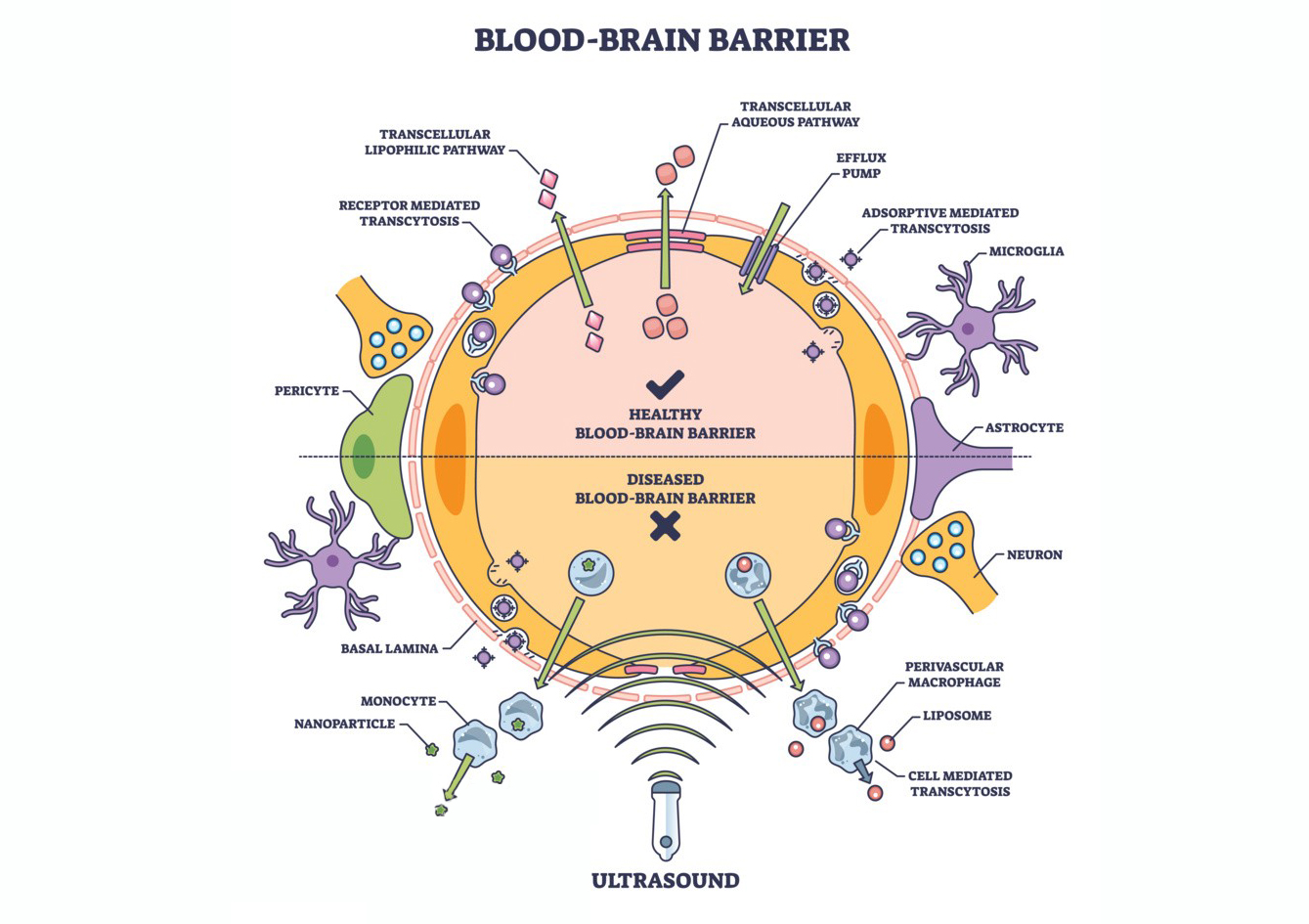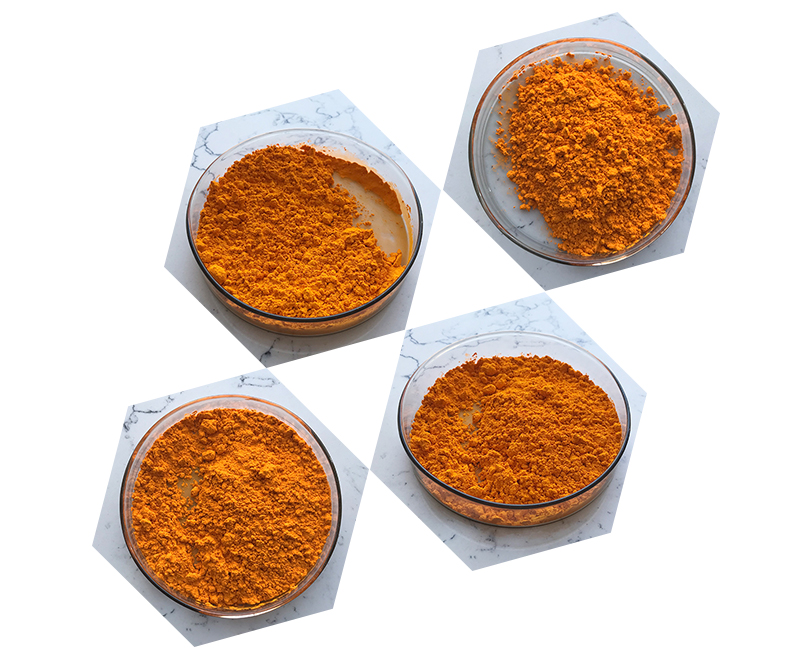Curcumin, the active compound found in turmeric (Curcuma longa), has been extensively studied for its therapeutic effects, largely due to its anti-inflammatory, antioxidant, and anti-carcinogenic properties. Here’s an overview of its main therapeutic benefits:
1. Anti-Inflammatory Effects
- Curcumin inhibits various inflammatory markers like cytokines, COX-2, and prostaglandins. It’s shown to modulate pathways such as NF-κB and JAK-STAT, which are linked to inflammation.
- Chronic inflammation is implicated in diseases like arthritis, metabolic syndrome, and cardiovascular disease, and curcumin can help reduce inflammation and associated symptoms.
2. Antioxidant Properties
- Curcumin neutralizes free radicals due to its structure and stimulates antioxidant enzyme production (e.g., superoxide dismutase and catalase).
- These effects contribute to reducing oxidative stress, which is associated with aging and various chronic diseases, including neurodegenerative disorders and cardiovascular diseases.

3. Anti-Cancer Potential
- Curcumin has been studied for its ability to suppress tumor growth and proliferation by inhibiting cell signaling pathways like PI3K/AKT/mTOR.
- It can induce apoptosis in cancer cells and inhibit metastasis, and some research suggests it may be useful as an adjunct to cancer therapies to enhance sensitivity to chemotherapy and radiation.
4. Neuroprotective Effects
- Curcumin crosses the blood-brain barrier and has shown potential in managing neurodegenerative conditions like Alzheimer’s and Parkinson’s disease.
- Its anti-inflammatory and antioxidant activities are beneficial in reducing amyloid plaques, which are characteristic of Alzheimer’s disease.
5. Cardiovascular Health
- Curcumin helps lower LDL cholesterol and can improve endothelial function, which is crucial for cardiovascular health.
- Its anti-inflammatory effects also benefit the heart by reducing chronic inflammation associated with atherosclerosis and hypertension.
6. Digestive Health and Liver Protection
- Curcumin has shown benefits in gastrointestinal conditions like irritable bowel syndrome (IBS) and inflammatory bowel disease (IBD).
- It supports liver health by reducing liver enzymes and protecting against liver fibrosis, helping in detoxification processes.
7. Antimicrobial and Immune-Boosting Properties
- Curcumin has shown activity against various pathogens, including bacteria, viruses, and fungi.
- It also supports the immune system by enhancing the activity of immune cells like macrophages, T cells, and B cells.

Limitations and Bioavailability
- Curcumin has low bioavailability due to poor absorption, rapid metabolism, and elimination. However, combining it with compounds like piperine (found in black pepper) or using liposomal formulations can enhance its absorption and therapeutic effects.
Safety and Dosage
- Curcumin is generally considered safe at doses used in studies, but high doses may cause gastrointestinal issues or interact with medications. Standardized extracts with a higher concentration of curcumin are commonly used in therapeutic settings.
Curcumin holds promise as a complementary therapy in managing inflammatory diseases, cancers, cardiovascular conditions, and neurodegenerative disorders, though more clinical studies are needed to establish standardized dosages and protocols for specific conditions.
